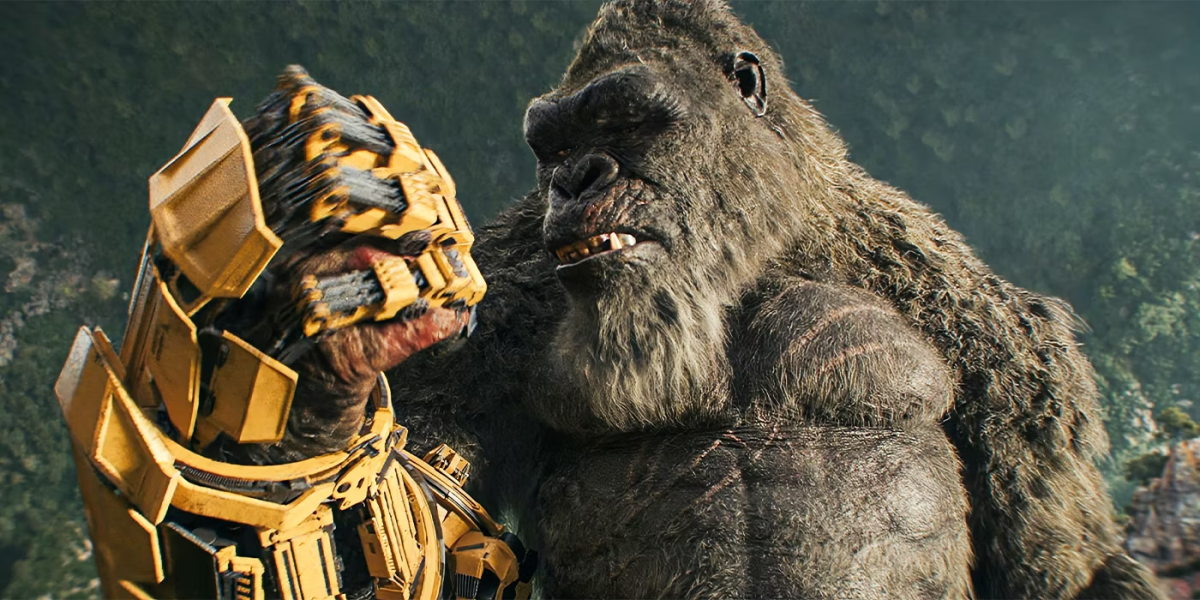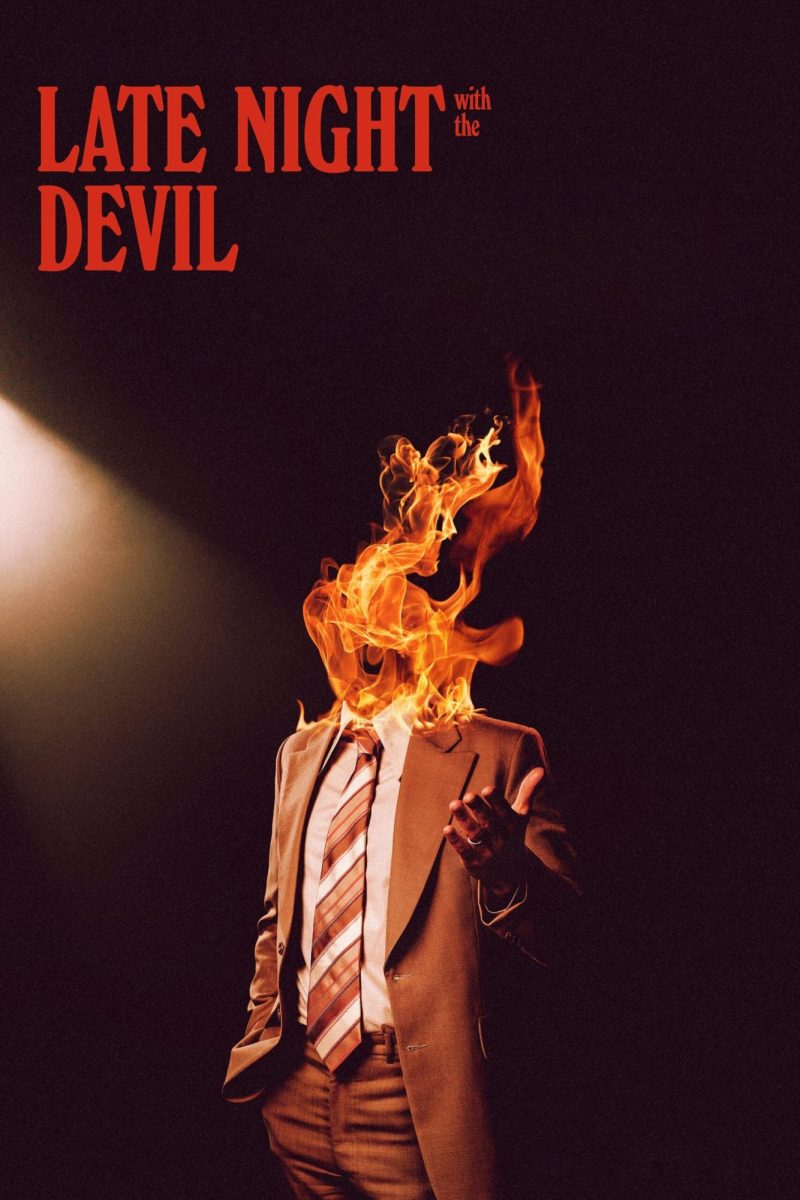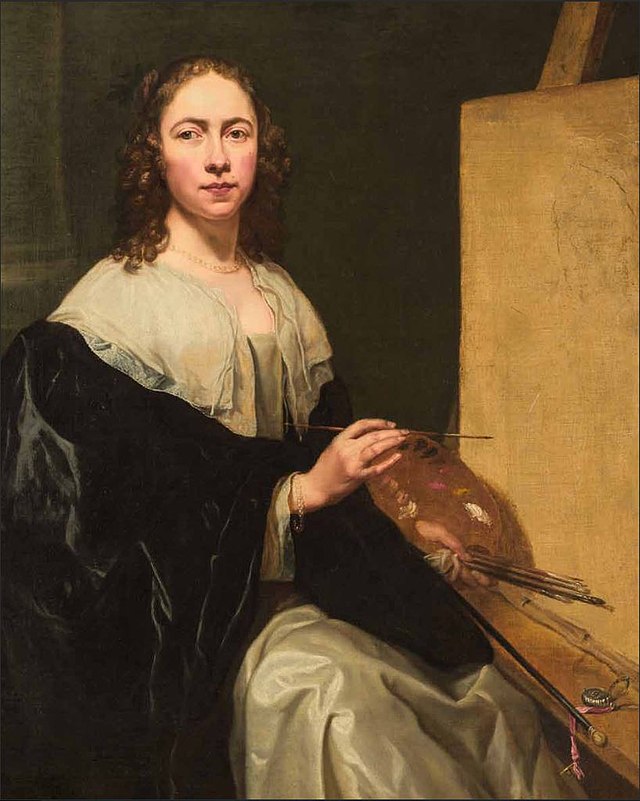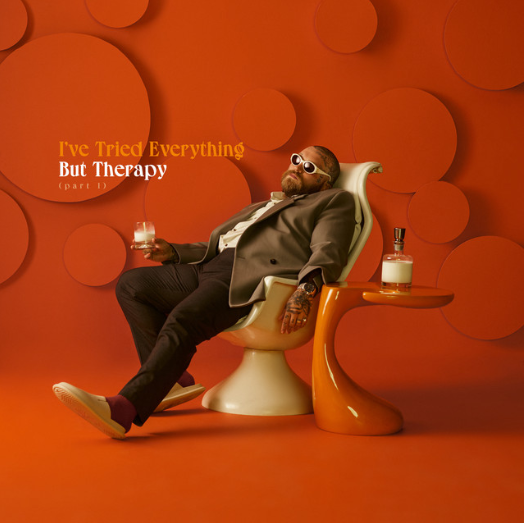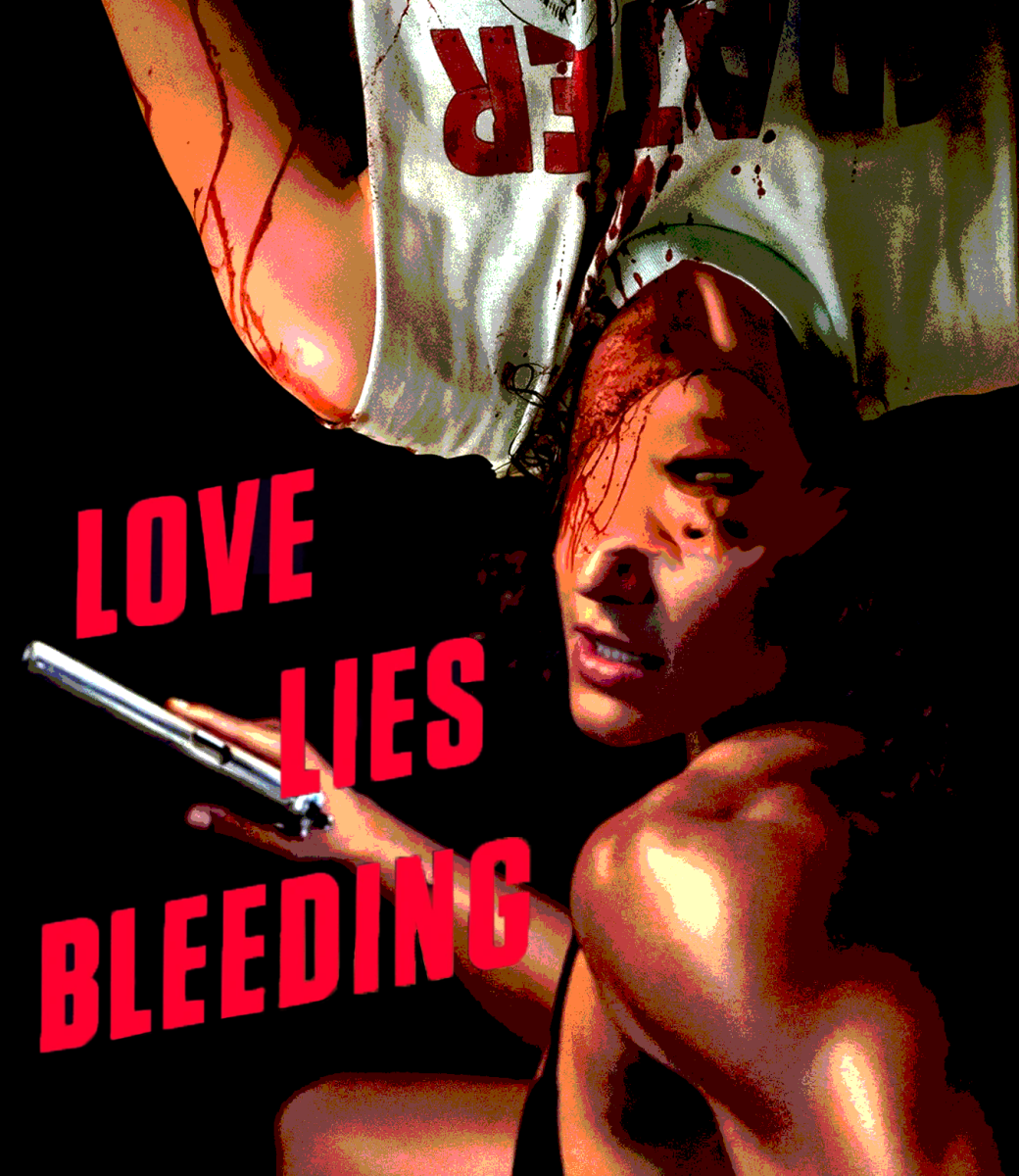Little Steven Van Zandt looked out onto the world of rock and roll. And this rock and roll god saw that it was not good.
“At the time, there was nobody playing new rock and roll anywhere in the world,” he said. “You could not hear any new traditional rock and roll.”
Van Zandt-a pioneering record producer, musician in a number of bands including Bruce Springsteen’s E Street Band and occasional actor most famous for his role in HBO’s “The Sopranos”-decided to do something about it, and launched his own radio show, “Little Steven’s Underground Garage,” in April of 2002.
“I wanted to raise the standard back up,” he said. “[I wanted to] do something really unique in playing rock and roll from all 60 years of it.”
Van Zandt is primarily interested in music that is defined as ‘garage rock.’
“We’ve pretty much defined garbage rock as bands that have obvious influence from music of the ’50s and ’60s,” he said.
Though initially Van Zandt and his collaborators on “Little Steven’s Underground Garage” had to work to unearth new musicians to highlight, the show’s popularity and Van Zandt’s tour schedule has made the process much easier.
“These days, people send us a lot of stuff,” he said. “When I’m on the road, I’ll go into record stores and ask the guys there.”
Despite some initial reluctance on the part of radio broadcasters, “Little Steven’s Underground Garage” quickly became a runaway hit.
“Nobody understood the radio show until one brave radio station put us on. And then, the ratings came in, and they were ridiculously high,” he said. “We’re everywhere in Europe except two countries. I’m hoping to maybe get into South America.”
The show is currently branching out, launching a channel on Sirius Satellite Radio, and Van Zandt hopes to have a TV show in the near future.
“We really need to get a TV show,” he said. “That’s been very frustrating. We’ve come very close about three times, but we haven’t found the right partner yet.”
Van Zandt attributes this success to the unique selection of music he plays on the show, ranging from the psychedelic, Warholian tones of The Velvet Underground to modern day garage rock from all over the world.
“[Listeners] like to be turned onto new songs. Sometimes, we turn people onto old songs. They keep coming back because they hear things they’ve never heard of, and they love it. [We play] one good song after another rather than this mediocre garbage thrown at us nowadays.”
In terms of the rock and roll industry as a whole, Van Zandt is less than optimistic.
“There’s nothing getting better,” he said. “The entire industry is completely changed.”
He feels the root of the problem can be understood by looking at how rock and roll first made its way into the mainstream of American culture and how modern day people working within it stray from the model created by the old guard.
“Starting with the beginning of album sales, [music] was really an industry,” Van Zandt said. “Right now, it’s undergoing the biggest change since 1964 when the Beatles made buying the albums the thing to do. Every single song on a Beatles or Rolling Stones album was great. Now, we’re back to 1962. It’s a singles world again.”
Van Zandt blames the industry’s current condition on the importance placed by musicians and record producers on the release of a couple of good singles over a solid, cohesive album.
“We’ve got to start all over again, in a funny kind of way. I don’t think we’ll see the big sales like we did in the ’80s. In the record world, we’re too fragmented,” he said. “We have to regain the trust of the public. We lost the trust of the public by selling them an album with two good songs for $16.”
Additionally, Van Zandt believes that the ego-driven creative process behind much of today’s popular music production misses the point entirely.
“The truth of the matter is not every artist, every singer, every guitarist is a good songwriter,” he said. “The combined energy of these people is what makes great music.”
He also feels that music is released too quickly these days in pursuit of the all-mighty, target audience dollar.
“That’s not a great way to make good records, to be honest,” he said. “Rock and roll has to be developed. It has to take its time a little bit. For our generation, it took time.”
He believes this new production method has played a large part in transforming rock and roll culture into a homogenous group of mediocre acts.
“Half sound like Eddie Vedder, the other half sound like Bono,” he said. “If that’s as far back as you go, that’s a problem. It doesn’t move me. It doesn’t speak to me. It all sounds the same to me. It all sounds rootless. There’s no personality anymore.”
To find the underground, interesting voices in the rock and roll landscape, Van Zandt started a record label, Renegade Nation (www.renegadenation.com), in 1993 to seek out and sharpen developing musical talent.
“We try to reach out to everybody,” Van Zandt said. “We make contact with bands just to let them know we’re part of the same revolutionary family. We’re hoping to bring people back to roots and develop people and let them develop.”
To that end, Van Zandt is drawn to bands interested in collaborating with him and his creative team in helping their music mature.
“We’re trying to develop talent. When I work with somebody, it’s collaborative. It’s a partnership,” he said. “We listen to demos. We talk about demos. We talk about songs. We talk about arrangements. We want young bands that are interested in learning, that are interested in being great. If you’re too embarrassed to be a rock star, then don’t do it, ya know?”
Despite all of this-the daunting hurdles of ego, complacency and creative bankruptcy facing Van Zandt’s industry-he believes the music of the ’60s masters and their modern day counterparts carrying the torch in underground garage rock will always survive in some form.
“There’s nothing to be afraid of. It’s just rock and roll. It’s the greatest music in the world,” he said.
For more information about “Little Steven’s Underground Garage,” visit http://www.littlestevensundergroundgarage.com.
The show airs on KLOU every Saturday from 11 p.m. to 1 a.m.


